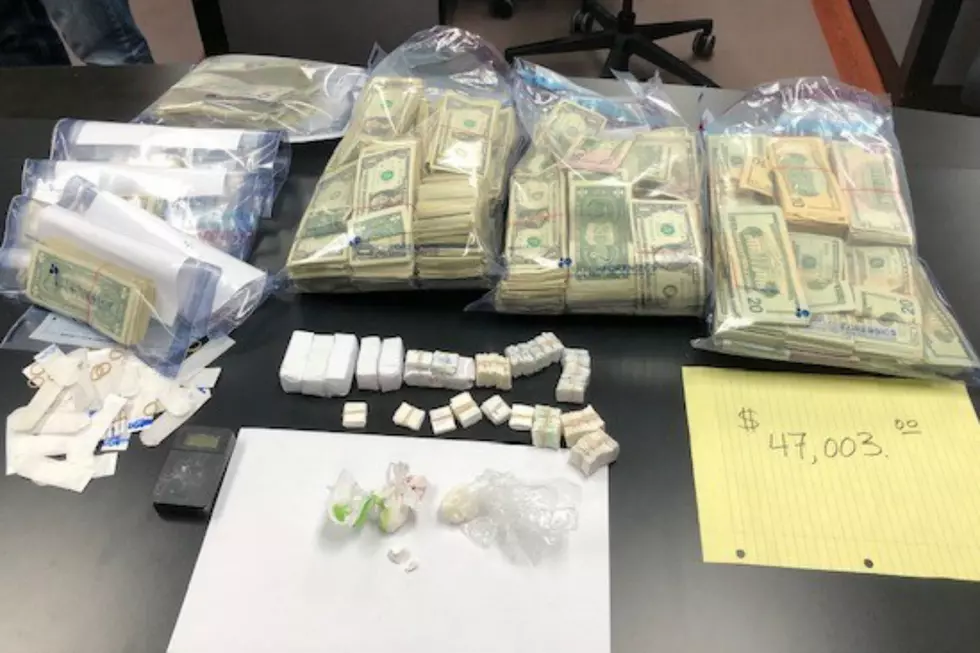Even if you survive overdose, heroin abuse can cause these other injuries
New Jersey 101.5 video archive
There seems to be a growing awareness that abusing opioid medication or heroin can cause an overdose, and sometimes result in death. But many people don’t seem to realize abusing drugs can also cause a variety of serious injuries.
According to doctor Dr. Jenice Forde-Baker, an emergency medicine physician at Our Lady of Lourdes Medical Center in Camden, when people OD, they frequently collapse and may suffer a variety of “physical injuries like broken arms or sprained limbs or sprained ankles, broken fingers, broken carpal bones."
She pointed out when people go into an overdose condition they may not even be sure what’s going on or what they’re doing.
“A lot of times, they can’t even recall what occurred and then once they’ve come to their senses they may realize they may have some sort of injury, and usually it’s from some sort of trauma like falling,” she said.
“A lot of it can be muscular-skeletal sprains, contusions and fractures that patients may have as a result of that.”
Forde-Baker noted someone may also suffer what’s called compartment syndrome, where they fall down or get twisted in an unnatural position for a prolonged period of time.
“Your fingers, your toes, or wherever it’s occurring, doesn’t get enough blood flow, and then that can lead to you eventually losing that limb possibly,” she said.
Dr. Lasanta Horana, chairman of emergency services at Robert Wood Johnson University Hospital in Hamilton, said even in an unconscious state, a person can vomit, and one of the things that may happen is “you can aspirate, and have that vomited material go into your lungs.”
Horana said that can lead “to respiratory difficulty, including respiratory arrest. It can lead to a syndrome called acute respiratory distress syndrome.”
Horana also pointed out when you’re in a respiratory depressed state brought on by an opioid overdose, “sometimes it can lead to respiratory depression, and that can lead to cognitive dysfunction, your ability to concentrate, to remember things and to learn is adversely affected.”
When you’re passed out for an extended period of time, “you can get muscle breakdown," he said.
"It can lead to something called rhabdomyolysis: you can get nerve injuries, where you have temporary or permanent nerve damage.”
He said all of these things have minor to major consequences.
“You’re not dying but you have significant morbidity or mortality associated with these injuries,” he said.
Forde-Baker estimates 40 to 50 percent of people who experience a drug overdose will wind up with some kind of an injury.
“While most of them are minor, we’ve seen patients that have been brain dead from overdoses and even if we’re able to start them breathing or start breathing for them the damage to the brain is done,” she said.
“These substances are not things to be experimenting with because they’re very addictive and even if someone tries something once and they don’t have a bad outcome, it doesn’t mean they won’t have a bad outcome the next time.”
You can contact reporter David Matthau at David.Matthau@townsquaremedia.com.
Also on New Jersey 101.5:
More From New Jersey 101.5 FM









